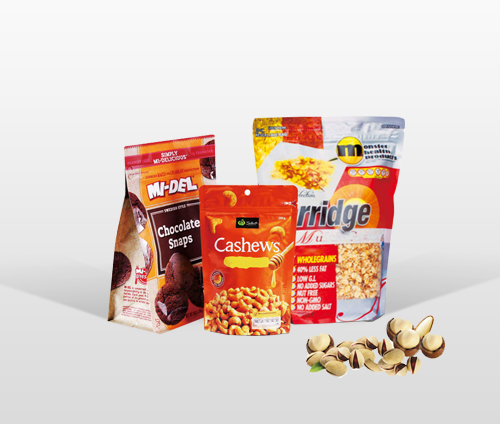 Tel: +86 188 2689 9458
Tel: +86 188 2689 9458
 Tel: +86 188 2689 9458
Tel: +86 188 2689 9458
source:Industry News release time:2022-11-25 Hits:

According to the source of raw materials, biodegradable plastics can be divided into two categories: bio based biodegradable plastics and petrochemical based biodegradable plastics.
The biodegradable plastics can be divided into four categories: one is the plastics directly processed from natural materials; The second is the polymer obtained by microbial fermentation and chemical synthesis; The third type is polymer directly synthesized by microorganisms; The fourth category is biodegradable plastics obtained by blending these materials or by blending these materials with other chemically synthesized biodegradable plastics.
Petrochemical based biodegradable plastics refer to the plastics obtained by polymerization of petrochemical product monomers by chemical synthesis, such as PBAT, polybutylene succinate, carbon dioxide copolymer, etc.
According to the classification of biodegradation process, biodegradable plastics can be divided into completely biodegradable plastics and destructive biodegradable plastics. Destructive biodegradable plastics currently mainly include starch modified polyethylene (PE), polypropylene (PP), polyvinyl chloride (PVC), polystyrene (PS), etc.
Fully biodegradable plastics are mainly made from natural polymers or agricultural by-products through microbial fermentation or synthesis of biodegradable polymers, such as thermoplastic starch plastics, aliphatic polyester, polylactic acid, starch/polyvinyl alcohol, etc.
Biodegradable plastics based on natural materials such as starch currently mainly include the following products: polylactic acid, polyhydroxyalkanoate, starch plastics, bioengineering plastics, and biological general-purpose plastics.
According to the different raw materials, there are several common biodegradable plastics.
Polycaprolactone
This kind of plastic has good biodegradability, and its melting point is 62 ℃. The microorganisms that break it down are widely distributed in the pleasant or unpleasant conditions. As a biodegradable material, it can be mixed with starch and cellulose materials or polymerized with lactic acid.
Read recommendations:
Hot Sale BPA Free Plastic Drink Juice Fruit Liquid Packaging Stand Up Bag Spout Pouch
Top-line packaging as a professional Bag-In-Box manufacturer, committed to producing high-quality pa
The use and attention of food -grade vacuum packaging bags.vacuum zipper bags for clothes wholesaler
Popular recommendation
Pouch with handle
Eco Friendly Plastic Mylar Pouch Stand Up 50ml 100ml 200ml 250ml Custom Aluminum Spout Pouch
Spout pouch
custom printed spout pouches
Aluminum foil bag
eco friendly spout pouches price
kraft spout pouch Manufacturing
bag in box company
bag in box Vendor
Spout pouch flexibility Vendor
Perforjuice bag in box.mance and requirements for chemical liquid packaging bags
Understand the color printing technology of packaging bags
Tell you how to distinguish the material of the vacuum packaging bag
Snack food bag bulk manufacture.Detailed method for customizing food packaging bags
What are the differences between polyester pet vacuum bag and nylon pa vacuum bag
What are the common bag types of food packaging bags
Whether biodegradable plastic bags can contact food!
How to define the specifications and dimensions of packaging bags
Introduce you how to use Zipper Vacuum Sealer Bag.zipper vacuum sealer bag
Main functions of vacuum packaging bag
Food plastic packaging bags
Production process and standards for paper plastic composite bags
Reasons for Aging of Food Packaging Bags and Preservation Techniques
How to detect the quality of composite aluminum foil bags?aluminum foil bags for grilling Manufactur
Disadvantages of snack food packaging bags.
The printing principle of composite bags!biodegradable spout pouches Manufacturing
Advantages of non -woven packaging bags.aluminum laminated foil bag
What are the differences between raw materials of degradable packaging bags and fully degradable pac
Antistatic agents commonly used in plastic packaging bags
Bag in Box is Developing towards Environmental Diversification.bag in box juice dispenser